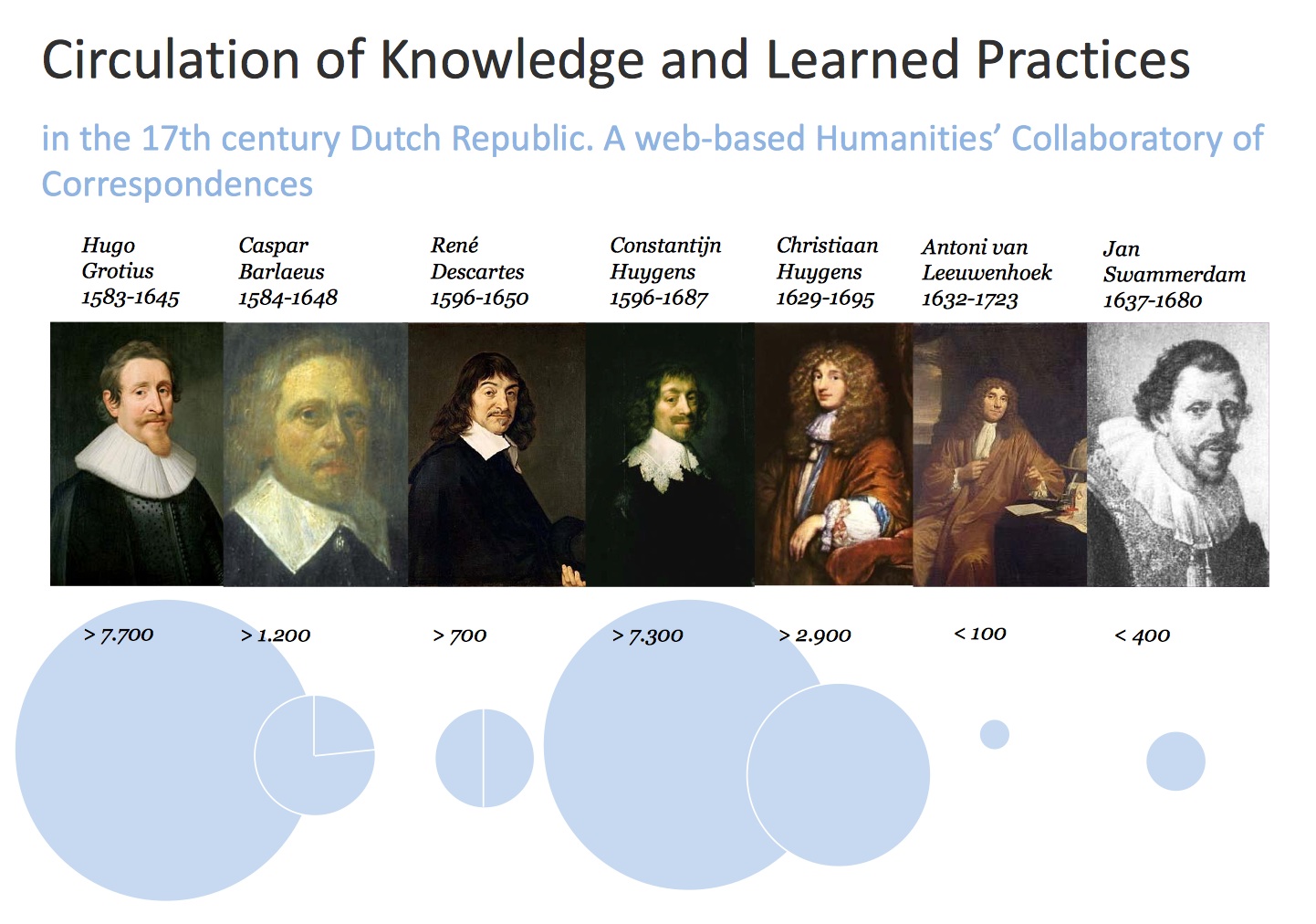A remote service that is controlled through a GUI
GrETEL
GrETEL is a query engine in which linguists can use a natural language example as a starting point for searching a treebank with limited knowledge about tree representations and formal query languages. By allowing users to search for constructions which are similar to the example they provide, we hope to bridge the gap between traditional and computational linguistics.
LASSY Word Relations Search
The LASSY word relations web application makes it possible to search for sentences that contain pairs of words between which there is a grammatical relation. One can search in the Dutch LASSY-SMALL Treebank (1 million tokens), in which the syntactic parse of each sentence has been manually verified, and in (a part of) the LASSY-LARGE Treebank (700 million tokens ),in which the syntactic parse of each sentence has been added by the automatic parser Alpino.
TTNWW
TTNWW integrates and makes available existing Language Technology (LT) software components for the Dutch language that have been developed in the STEVIN and CGN projects.
The LT components are made available as web-services in a simplified workflow system that enables researchers without much technical background to use standard LT workflow recipes.
The web services are available in two separate domains: "Text" and "Speech" processing. The TTNWW services have been created in a Dutch and Flemish collaboration project building on the results of past Dutch and Flemish projects. The web services are partly deployed in the SURF-SARA BiG-Grid cloud or at CLARIN centres in the Netherlands and at CLARIN VL University partners.
CKCC

CKCC - Scholarly Letters
SummaryFESLI
FESLI: Functional elements in Specific Language Impairment
SummaryTool for the quantitative and qualitative comparison of the acquisition of functional elements (morphological inflection, articles, pronouns etcetera) in a corpus with data from monolingual and bilingual children (Dutch - Turkish) with and without Specific Language Impairment (SLI).
GrNe
Online dictionary (ancient) Greek - Dutch for the letter Pi. Search functions include searches for Greek lemmata; search of Greek declined or conjugated word-forms that lead to the correct lemma (‘lemmatizer’); searches for Dutch words leading to different Greek lemmata; etymological searches. The dictionary is linked to Logeion, the international website of Greek dictionaries at the University of Chicago. The developers estimate that a complete version of the dictionary will be finished by the end of 2016 and that it will be published by the end of 2017.
PILNAR
A corpus of pilgrimage narratives with Dutch texts written after ca. 2000 that present the thoughts and impressions of pilgrims to Santiago de Compostela. The PILNAR corpus is a source for research for a variety of (sub)disciplines: culture studies, ritual and religious studies, but also media and e-culture studies (cf the use of blogs and other social media for the self-presentation of experiences). Only for authorized users.
